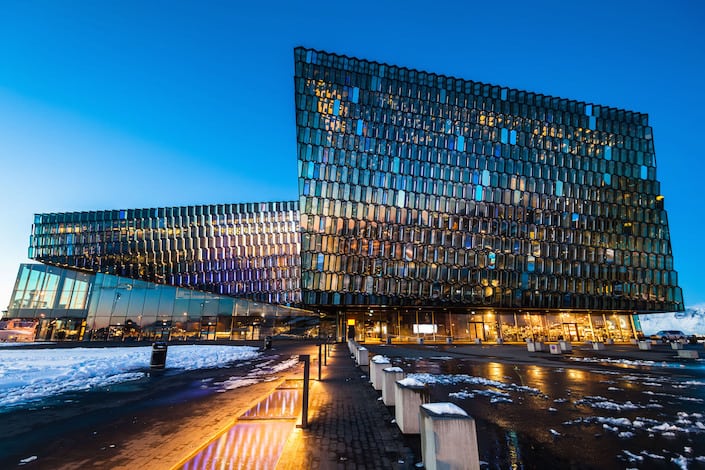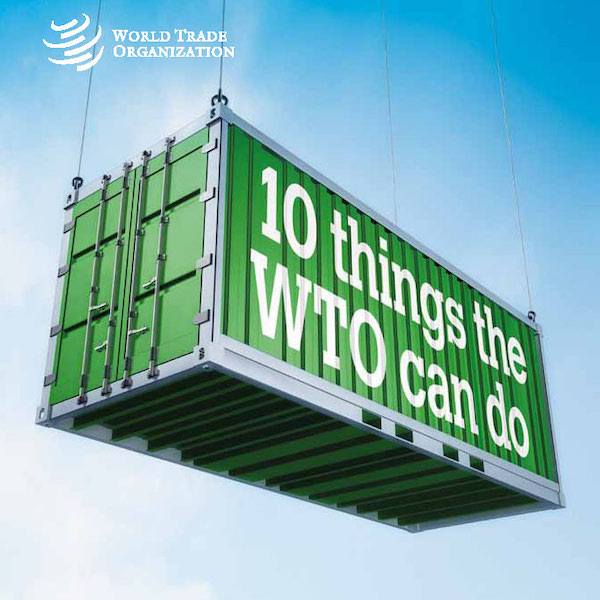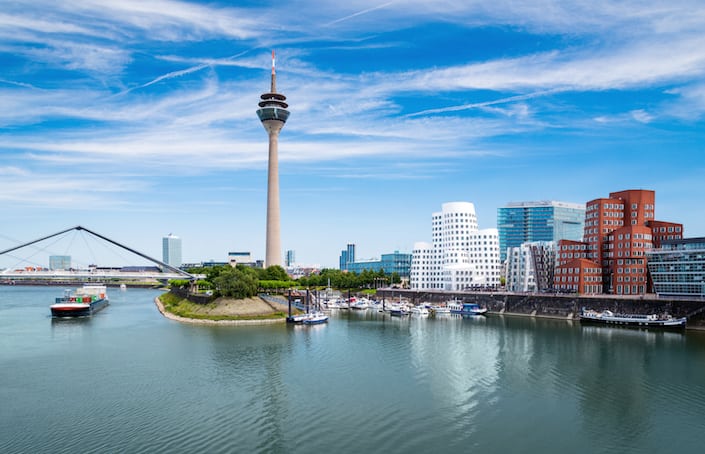The Boom is Back
Share

Ten years ago Iceland was on the verge of economic ruin when its three largest banks failed and the stock market dramatically lost 80% of its value. However in 2017, it has turned economic turmoil into opportunity, and now is the time to take notice of the OECD’s smallest and fastest growing economy. Iceland and Switzerland are the only European countries to have made FTAs with China, and by using Iceland as a springboard, businesses gain unparalleled access to one of the key markets in the world. With capital controls lifted, allowing money to flow in and out of the country more freely, the 2008 financial crisis seems like a distant memory.
Strategically located midway between North America and Europe, Iceland resisted the global consensus and did not bail out its bankers, and has bounced back stronger than ever. This island nation has more assets than liabilities abroad, and the Icelandic economy’s foundations are firm and lucrative. As of now, Iceland has fully recovered from the crash, and its economy is one of the best-performing in the developed world, taking 20th place on the World Banks Ease of Doing Business ranking.
“As of now, Iceland has fully recovered from the crash, and its economy is one of the best-performing in the developed world, taking 20th place on the World Banks Ease of Doing Business ranking.”
Global investors have already started to buy into its speedy recovery and with a variety of profitable and exciting opportunities, organisations like Invest in Iceland offer free of charge information and expert confidential services on all aspects of investment. An important turning point was the elimination of the requirement for companies to return foreign exchange, which, alongside an advanced economy, an educated labour force, low corporate tax and availability of land and efficiency in a European legislative framework, will make inward foreign investment even more appealing. The IMF forecasts Iceland’s GDP growth to be the highest in Europe in 2017, and with its favourable business conditions, the economy remains in very good shape.

In 2017, with a remarkable growth in tourism, helped by supportive tax policies, a high standard of governance and an encouraging external environment, the Icelandic economy is increasingly differentiated and less reliant on its monetary sector than in the years before the crisis. For example, in 2007 Iceland welcomed 500,000 visitors compared to the 2.2 million tourists estimated to visit Iceland this year, with numbers expected to hit 2.5 million in 2018, thanks to its wild and raw landscape showcasing volcanoes, waterfall, geysers, hot springs and lava fields.
Evidence of this tourist boom is everywhere – turbo-charging the economy – with more tourism requiring more tourism-related companies to enter the market to keep up with the escalating demand on the service sector. Fast become the country’s biggest industry, surpassing the traditional aluminium and fishing industries, there is currently a shortage of hotel rooms to keep up with demand. US based Carpenter & Company is constructing the first 5-star hotel in Reykjavik, a $130 million project, featuring function and meeting rooms, restaurants and spa facilities, set to open in late 2018. It’s likely that this will be the first of many investments and opportunities of its kind.

Furthermore, IT is a growing industry since the International Telecommunication Union ranked the island third out of 167 countries in its 2015 ICT Development Index, based on information and communication technologies, and foreign investors have also expressed a rising interest in Iceland’s flourishing retail and food sector. Moreover, there are countless opportunities for energy-dependent businesses, and with bitter temperatures, ample geothermal power and just three hours from London, Iceland is set to be the next big data centre destination.

Voted the world’s safest location for a data centre, obtaining 1st place out of 37 nations in the 2016 Data Center Risk Index, there is still large resources of hydroelectric power and geothermal energy remaining to be harnessed to meet future demands. Iceland is set to benefit from significant data centre investment, thanks to a mix of lower cost and taxes for an abundance of renewables, particularly hydro-electric and wind power energy.
As well as an icy climate, Iceland’s geographic position on the Mid-Atlantic Ridge means it offers a wealth of renewable energy prospects. Renewable energy sources made up approximately 90% of new power added to Europe’s electricity grids in 2016, signalling a rapid shift away from fossil fuels to clean energy, making this sector wide open for investment. Having refined its reputation as a clean energy innovator, Iceland is the only country in Western Europe that still has considerable amounts of competitively priced, renewable energy to be harnessed. Iceland, with its fast moving, focused and company friendly business environment, offers a wealth of resources to nurture creative and globally-minded entrepreneurs and investors. It may have an arctic temperature, but this is one hot island economy.


























